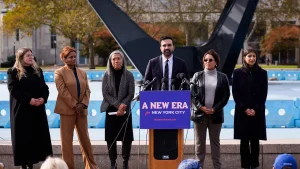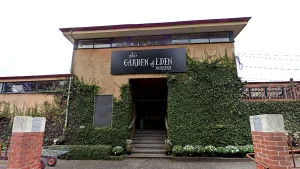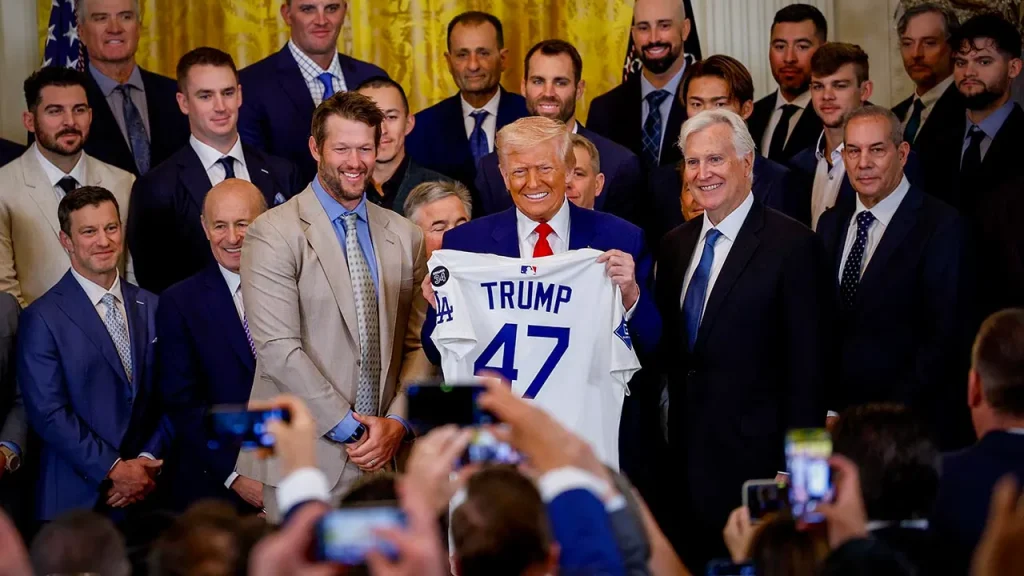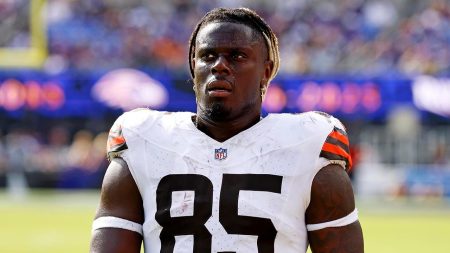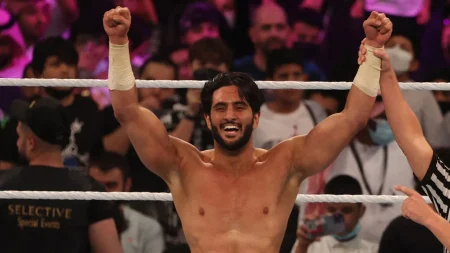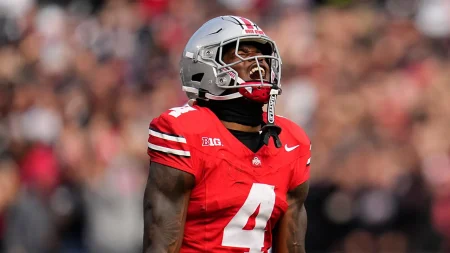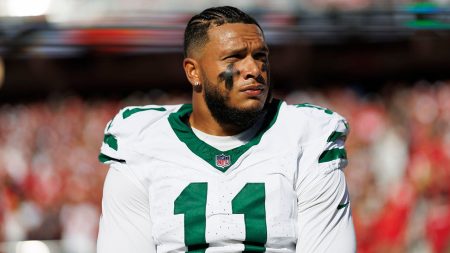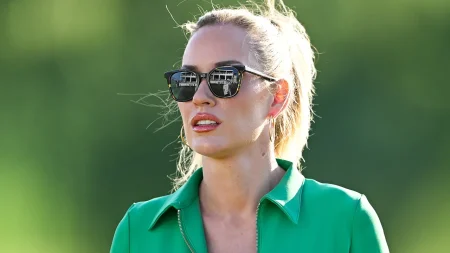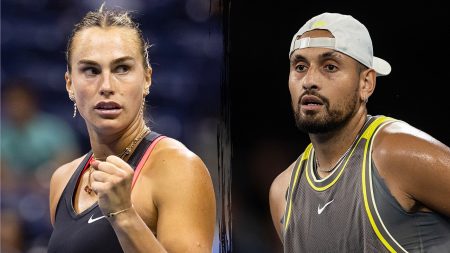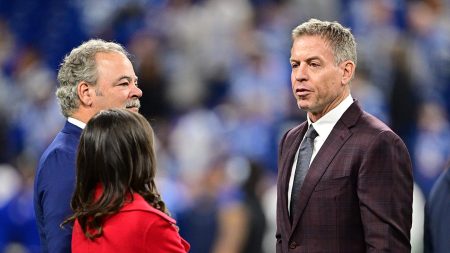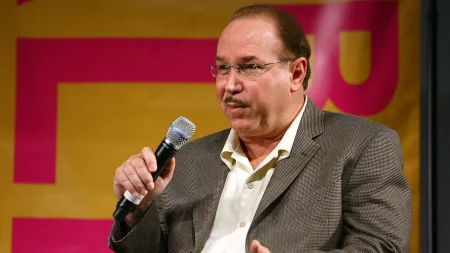Dodgers’ White House Dilemma: Celebration Meets Controversy
In a moment that should be purely celebratory, the Los Angeles Dodgers find themselves at the center of a complex political discussion following their historic second consecutive World Series victory. After defeating the Toronto Blue Jays in a nail-biting 11-inning Game 7, the Dodgers became the first MLB team to win back-to-back championships since the Yankees’ three-peat from 1998-2000. Traditionally, this achievement would be capped with a White House visit during their next series against the Washington Nationals in early April. However, the National Day Laborer Organizing Network (NDLON) has launched a petition urging the team to decline the invitation, highlighting the tension between sports celebration and political statement in today’s divided America.
The heart of NDLON’s appeal lies in what the Dodgers represent to Los Angeles beyond baseball. “The Los Angeles Dodgers have always been more than a baseball team — they’re part of the spirit of who we are as a city,” the organization wrote, emphasizing the team’s connection to the city’s diverse neighborhoods and families. Their petition frames the potential White House visit as a moral choice, suggesting that meeting with a president they believe has harmed vulnerable communities would betray the very fans who give the team “its heart.” The immigrant rights group’s message resonates deeply in Los Angeles, a city with strong immigrant roots where the Dodgers have long been a unifying force across cultural divides. “Los Angeles is a city built by immigrants, working families, and dreamers,” NDLON stated in an Instagram post, imploring the team to “stay with us” and “stand with the city that has always stood with you.”
This isn’t the first time Dodgers players have navigated these waters. During the team’s previous White House celebration earlier this year, relief pitcher Brusdar Graterol notably opted to stay at “my brown house” rather than attend. Conversely, outfielder Mookie Betts chose to participate in that ceremony despite having declined a similar invitation with the Boston Red Sox in 2019. Betts later expressed regret over his previous decision, explaining, “This is not about me; I don’t want anything to be about me. This is about the Dodgers.” His evolution reflects the personal calculus many athletes face when sports achievements intersect with political statements. Former Red Sox manager Alex Cora recently revealed his own 2019 absence was motivated by concern for his native Puerto Rico’s hurricane recovery, highlighting how these decisions often stem from deeply personal values rather than mere political posturing.
The current controversy comes amid heightened tensions between federal immigration enforcement and Los Angeles communities. In June, conflicting accounts emerged about whether Immigration and Customs Enforcement (ICE) agents attempted to access Dodgers Stadium grounds. While the team claimed they turned away ICE agents who “requested permission to access the parking lots,” ICE countered that they “were never there.” U.S. Customs and Border Protection later clarified that their vehicles were “very briefly” in the stadium parking lot for reasons unrelated to the Dodgers. Around the same time, local singer Nessa performed the national anthem in Spanish specifically as a protest against ICE raids in the city. These incidents underscore the complex backdrop against which the White House visit debate unfolds.
Dodgers outfielder Kike Hernandez, whose clutch performance helped secure the championship in Game 6, previously expressed strong feelings about immigration enforcement in Los Angeles. “I am saddened and infuriated by what’s happening in our country and our city,” Hernandez wrote on Instagram during summer protests. “Los Angeles and Dodger fans have welcomed me, supported me and shown me nothing but kindness and love. This is my second home. And I cannot stand to see our community being violated, profiled, abused and ripped apart.” His statement that “ALL people deserve to be treated with respect, dignity and human rights” accompanied by the hashtag #CityOfImmigrants reflects sentiments shared by many in the Dodgers community, including fans who see the team as representing more than athletic achievement.
The team’s decision about the White House visit will inevitably carry symbolic weight beyond baseball. An L.A. Times writer previously urged the Dodgers to decline this year’s visit, noting the president “lost L.A. County by 33 percentage points” and citing past tensions between federal leadership and California. The writer also highlighted that Dodgers stakeholders like Magic Johnson and Billie Jean King have been critical of the administration. The Dodgers organization previously visited then-President Joe Biden in July 2021 to celebrate their 2020 World Series title. Whatever choice they make regarding this invitation will be viewed through multiple lenses—as a sports tradition, a political statement, and a reflection of their relationship with the diverse city they represent. As championship celebrations continue, the Dodgers find themselves navigating a path that extends far beyond the baseball diamond, touching on fundamental questions about community, representation, and the role of sports in American civic life.
